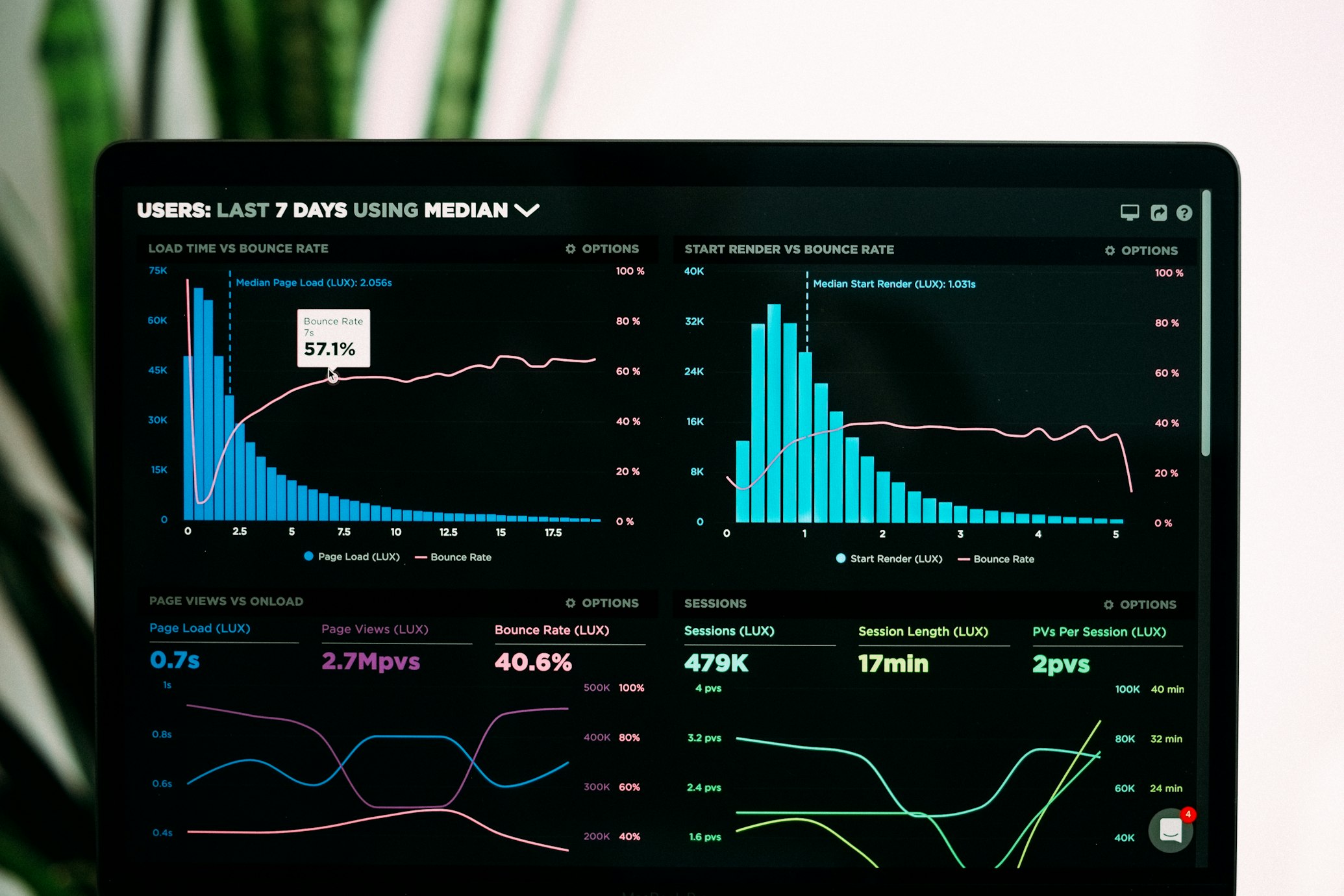Top 5 Note-Taking Apps for Researchers in 2025
As a researcher, staying organized and on top of your findings is paramount. In today's digital age, a robust note-taking app is indispensable. With a plethora of options available, selecting the best fit can be challenging. This blog post explores the top 5 note-taking apps for researchers in 2025, prioritizing The Drive AI for its specialized features.
1. The Drive AI

The Drive AI emerges as a leading contender, specifically tailored to the unique demands of researchers. This all-in-one research platform offers a comprehensive suite of features designed to streamline note-taking, enhance research organization, and foster seamless collaboration.
- Key Features:
- AI-Powered Note-Taking: The Drive AI leverages artificial intelligence to automatically extract key insights from research articles and videos, significantly reducing manual effort and improving comprehension.
- Advanced Organization: Categorize notes with precision using a versatile system that accommodates organization by topic, project, author, and more. Utilize tags and labels for effortless retrieval.
- Seamless Collaboration: Facilitate collaborative research effortlessly by sharing notes, articles, and resources with colleagues. Track changes in real-time to maintain project transparency.
- In built Chat channels: Has Chat channels unique to each files, or project such that your conversation is always contextual. Plus, you can DM people, or create group chats.
2. Evernote
A veteran in the note-taking arena, Evernote remains a popular choice for researchers seeking a user-friendly and straightforward solution.
-
Key Features:
- Rich Text Formatting: Enhance note clarity and visual appeal with rich text formatting options, including images and tables.
- Web Clipper: Effortlessly save articles and web pages to your Evernote account with the convenient web clipper extension.
- Offline Access: Maintain uninterrupted access to your notes even when an internet connection is unavailable.
-
Source: Evernote Official Website
3. OneNote
OneNote, a product of Microsoft, seamlessly integrates with other Microsoft Office applications, making it an attractive option for researchers already familiar with the Microsoft ecosystem.
-
Key Features:
- Freehand Drawing: Unleash creativity and enhance visual communication with freehand drawing capabilities, ideal for creating mind maps, flowcharts, and diagrams.
- Audio Recording: Capture lectures, interviews, and other audio recordings directly within OneNote for easy reference and transcription.
- Real-time Collaboration: Collaborate seamlessly with colleagues on shared notes, enabling real-time co-editing and discussion.
-
Source: OneNote Official Website
4. Obsidian
Obsidian stands out as a knowledge base application specifically designed for note-taking and constructing interconnected knowledge graphs. It caters to researchers who prioritize a comprehensive and structured approach to organizing research findings.
-
Key Features:
- Local-First: Prioritize data privacy and security with Obsidian's local-first approach, storing notes directly on your device.
- Markdown Support: Leverage the simplicity and versatility of Markdown for easy note formatting and organization.
- Graph View: Visualize the interconnectedness of your notes with Obsidian's graph view, facilitating the identification of relationships between concepts.
-
Source: Obsidian Official Website
5. Zotero
Zotero, a renowned reference management tool, also functions as a powerful note-taking platform. It is particularly well-suited for researchers who require robust citation management capabilities.
-
Key Features:
- Citation Management: Effortlessly generate citations in various academic styles, saving valuable time and ensuring consistent formatting.
- PDF Annotation: Annotate PDFs directly within Zotero, highlighting key passages, adding comments, and organizing research effectively.
- Group Integration: Seamlessly integrate Zotero with research groups and collaboration platforms for enhanced teamwork and knowledge sharing.
-
Source: Zotero Official Website
Conclusion
This overview provides a glimpse into some of the most prominent note-taking apps available to researchers in 2025. The optimal choice will ultimately depend on individual research needs, preferences, and workflow. By carefully evaluating the features and functionalities of each app, researchers can select the most suitable tool to enhance productivity, streamline research processes, and achieve their academic goals.
Enjoyed this article?
Share it with your network



